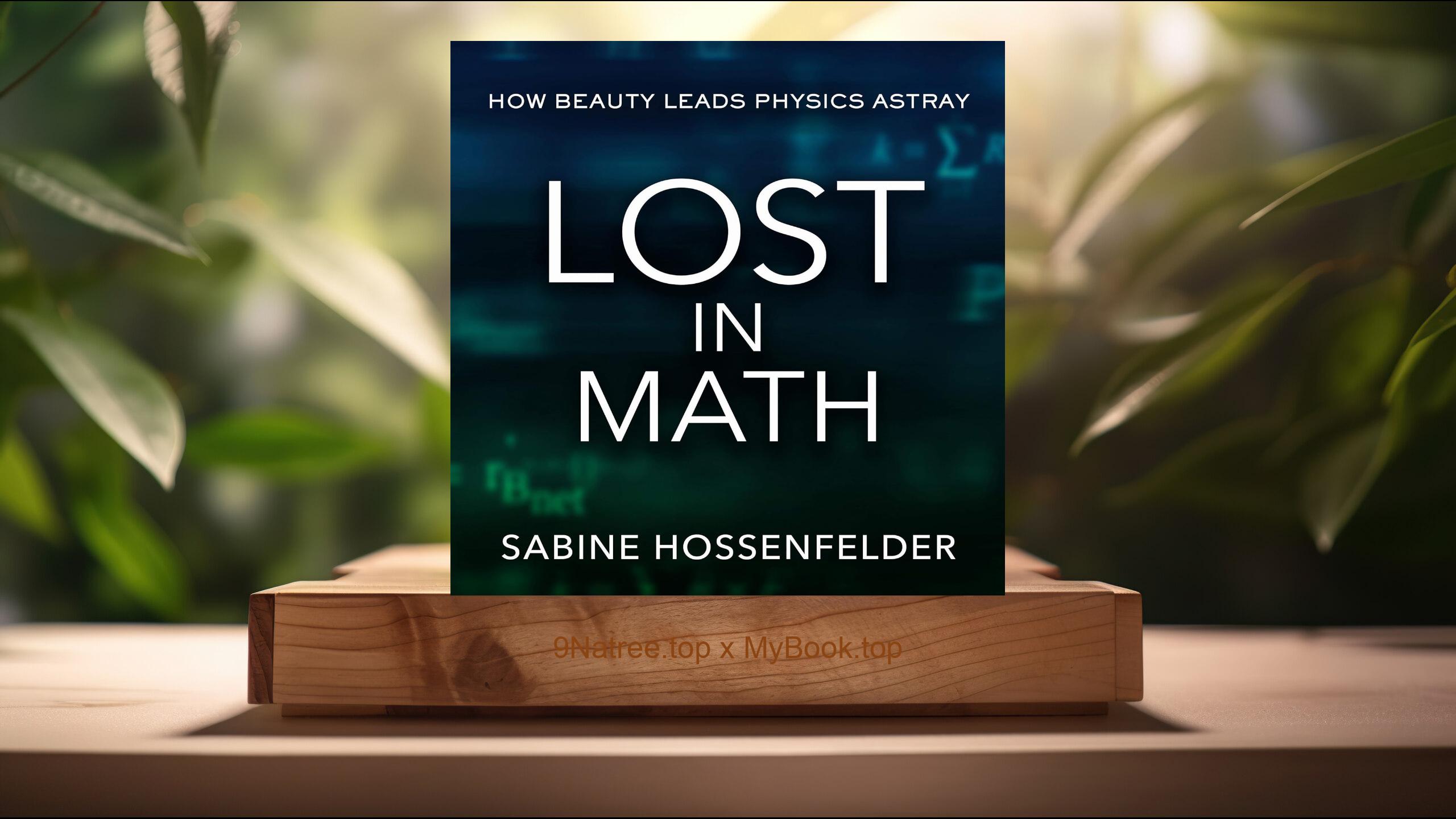Show Notes
- Amazon USA Store: https://www.amazon.com/dp/B00HZ3FT7E?tag=9natree-20
- Amazon Worldwide Store: https://global.buys.trade/Consciousness-Explained-Daniel-C-Dennett.html
- Apple Books: https://books.apple.com/us/audiobook/consciousness-explained-unabridged/id804713838?itsct=books_box_link&itscg=30200&ls=1&at=1001l3bAw&ct=9natree
- eBay: https://www.ebay.com/sch/i.html?_nkw=Consciousness+Explained+Daniel+C+Dennett+&mkcid=1&mkrid=711-53200-19255-0&siteid=0&campid=5339060787&customid=9natree&toolid=10001&mkevt=1
- Read more: https://mybook.top/read/B00HZ3FT7E/
#Consciousness #Philosophy #CognitiveScience #Neuroscience #MindandBrain #MultipleDraftsModel #CartesianMaterialism #ConsciousnessExplained
These are takeaways from this book.
Firstly, The Multiple Drafts Model, Dennett presents the 'Multiple Drafts Model' as a core aspect of his explanation of consciousness. According to this model, consciousness does not arise from a singular, unified experience but is instead a process involving multiple parallel and interacting processes occurring in the brain. Dennett argues that consciousness can be compared to a 'media platform' where various mental activities, or drafts, are processed, revised, and occasionally realized as conscious experiences. This model challenges the traditional idea that consciousness is a fixed point in the timeline of mental events. Instead, it suggests that what we perceive as our conscious experience is the result of an ongoing, dynamic process where different interpretations and narratives are constantly being woven into a coherent (though ever-evolving) understanding of reality. This perspective not only demystifies consciousness by identifying it as a series of brain functions but also aligns with scientific understandings of how the brain processes information. It's a radical shift from older models that viewed consciousness as a singular, static phenomenon, suggesting instead that it is diverse and fluid.
Secondly, Consciousness as an Illusion, Another controversial stance Dennett takes is the notion that consciousness is an illusion. This claim doesn't imply that conscious experiences don't exist; rather, it suggests that our intuitive and subjective experiences of being conscious aren't necessarily what they seem. Dennett extrapolates this idea from the argument that consciousness is a construct of the brain, fashioned from the same neural mechanisms that perform all types of cognitive tasks. By positioning consciousness as an illusion, Dennett opens the door to questioning how we perceive our inner experiences and challenges the common assumption that consciousness is fundamentally different from other brain functions. He uses various examples and thought experiments to illustrate how our brains can be deceptive, creating strong perceptions of continuity and singularity where none might actually exist. This interpretation pushes readers to reconsider the reliability of their own perceptions and acknowledges the complexity of trying to understand consciousness from within the very system—a human mind—that experiences it.
Thirdly, Phenomenal Consciousness and Access Consciousness, Dennett revisits the long-standing debate about the nature of consciousness by exploring the concepts of phenomenal consciousness and access consciousness. Phenomenal consciousness refers to the raw, qualitative aspects of experiences—what it feels like to experience something. Access consciousness, on the other hand, concerns how information is accessed, utilized, and reported by cognitive systems. Dennett challenges the clear distinction often made between these types of consciousness, suggesting they are more intertwined than previously considered. By examining how our brains process and integrate sensory inputs, he illuminates how these experiences become accessible to our awareness. Dennett suggests that this accessibility is what gives rise to the feeling of 'what it is like' to experience phenomena. This nuanced exploration encourages readers to reconsider assumptions about conscious experience and highlights the interplay between perception, interpretation, and mental access that forms our conscious reality.
Fourthly, Dennett's Critique of Cartesian Materialism, In Consciousness Explained, Dennett critiques the Cartesian materialism view, the idea that there is a specific location in the brain where consciousness occurs. This critique is based on his assertion that consciousness is not confined to a singular 'theater' within the brain, where the 'self' watches the world. Instead, Dennett proposes that consciousness is a result of various processes without a central locus or overview. He uses the term 'Cartesian Theater' to describe the erroneous belief that there is a central place where experiences are presented for an audience—our conscious self. By dismantling this idea, Dennett removes the need to postulate a 'control center' in the brain. He argues that multiple brain regions contribute dynamically to what we perceive as consciousness without requiring a singular point of coordination. His argument aligns with contemporary neuroscience models, which see the brain as a distributed network without unique centers of conscious control, further challenging entrenched dualist concepts.
Lastly, The Hard Problem of Consciousness, Dennett touches on the 'hard problem' of consciousness, a term coined by philosopher David Chalmers, which refers to the difficulty of explaining why and how physical processes in the brain give rise to subjective experience. While Chalmers views it as an elusive question, Dennett approaches it with skepticism. He argues that what is dubbed the 'hard problem' might be a pseudo-problem, stemming from misunderstandings about how consciousness functions. Dennett believes that by focusing on the functional and cognitive aspects of consciousness, we can begin to unravel the illusion of the 'hard problem'. He suggests that once we fully comprehend how the brain's processes lead to what we consider conscious experience, the mysterious aura of these inquiries will dissipate. Nevertheless, this standpoint remains contentious as it challenges the fundamental premise that human consciousness is inherently a profound mystery. By addressing this perspective, Dennett aims to shift the conversation from unanswerable queries to questions that can be scientifically examined and understood.
![[Review] Consciousness Explained (Daniel C. Dennett) Summarized](https://episodes.castos.com/660078c6833215-59505987/images/2064188/c1a-085k3-pk439w8rfpz4-ly71xc.jpg)




